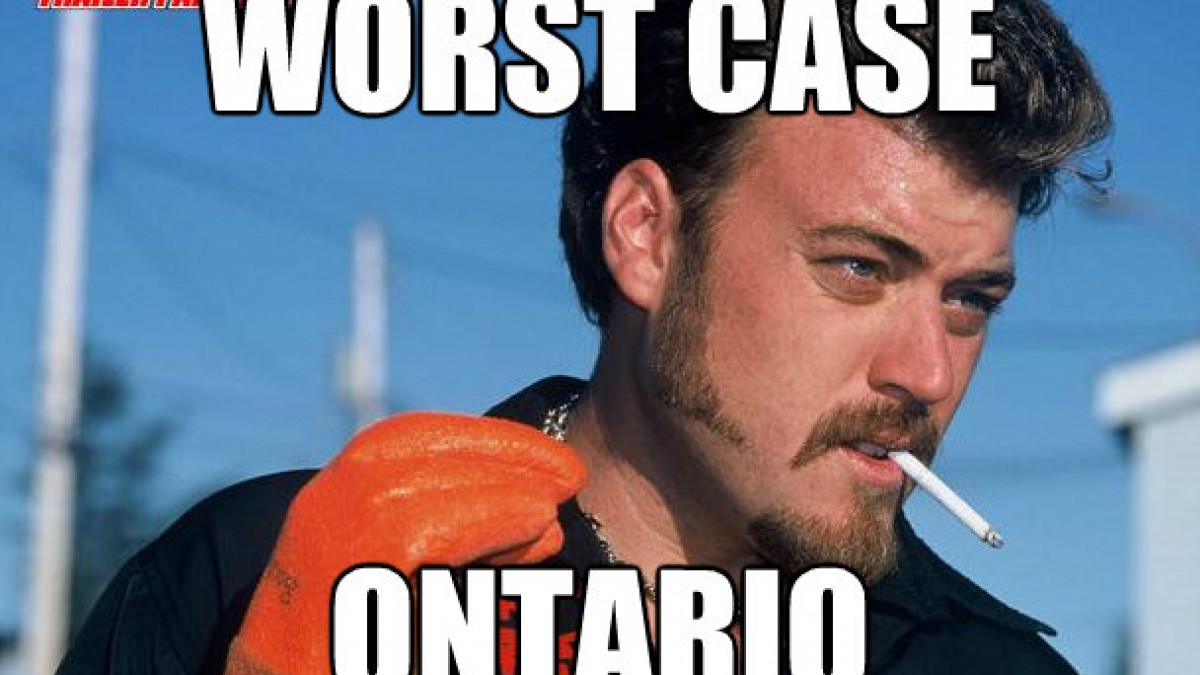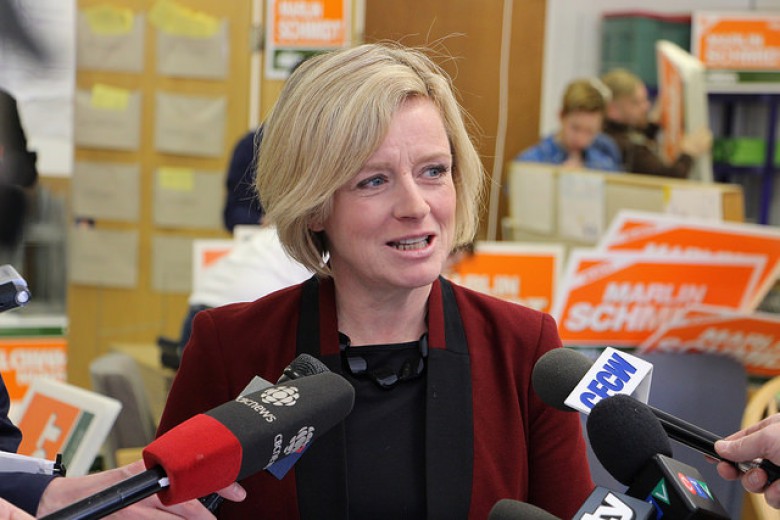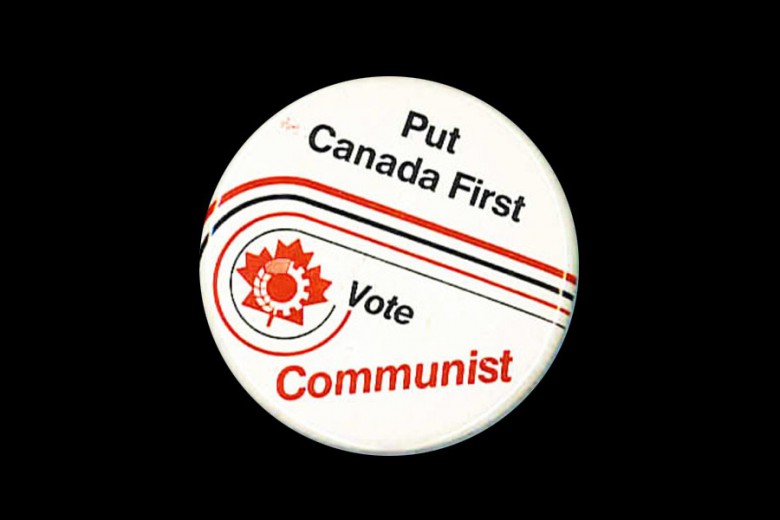Despite cutting services and programs, raising tuition fees, and repeated public scandals, the Ontario Liberal Party has remained firmly in power since 2003. While they have lost seats overall compared to their victories in 2003 and 2007, and while their recent victory can be partly chalked up to fear and loathing of Tim Hudak (aka Mike Harris 2.0), the people of Ontario are now stuck with the Liberals and their austerity-lite agenda. While some laud premier Kathleen Wynne as a de facto progressive because she is a lesbian, we should recall, for example, that as education minister she supported Bill 115, which curtails collective bargaining rights.
The NDP’s share of the popular vote increased slightly in the election, and they kept the same number of seats overall (21). Three long-time Toronto incumbents lost their seats – Rosario Marchese (Trinity-Spadina), Michael Prue (Beaches-East York) and Jonah Schein (Davenport); while three seats in new ridings were gained – Joe Cimino (Sudbury), Jennifer French (Oshawa) and Lisa Gretzky (Windsor West).
With a Liberal majority (58 seats), the NDP is now shut out of budget discussions and has lost all of the influence that comes with holding a balance of power in a minority situation. NDP leader Andrea Horwath has still defended her call to election, saying “It’s a good thing to give the people their choice. It will always be relevant to stand up to a government that has shown time and time again that they don’t keep their promises.”
What’s next for the left?
With Wynne at the helm of a majority government for the next four years, conversations on the left in post-election Ontario are oriented around what we can do now to push back against the austerity agenda. Do we get more involved within the ONDP and try to push it left from inside, do we organize outside party politics in social movements that can generate pressure on all parties, or do we perhaps even form a new party?
At a post-election panel in Toronto on June 14, featuring panelists David Bush, Nora Loreto, Judy Rebick, and Ritch Whyman, all agreed that the election revolved around Hudak’s agenda and that the ONDP failed to capture the anti-Hudak vote, failed to provide an inspiring platform, and failed to take advantage of the space recently opened up for more radical policies by movements such as Occupy and Idle No More.
Rebick provided some welcome historical perspective on past attempts to change the federal NDP from within, noting that after each one of these efforts the party actually moved to the right and oriented toward further “professionalization” and away from the grassroots. The present ONDP focus on pocketbook politics, with a platform promoting individual benefits and personal savings instead of collective solutions, is an outgrowth of that trajectory. All panelists encouraged us to move beyond the narrative of an ONDP betrayal and historic break, in favour of thinking about how to foster conditions that allow us to push the entire political terrain to the left, building new organizations in the process.
Loreto cautioned organizers against allowing the NDP to become a vacuum, sucking up the time and energy of activists, especially in small communities. Every election, she noted, dedicated activists drop their other political commitments to get involved in supporting the NDP, often with little concrete reciprocity shown for their causes between elections. She attributes NDP gains in Oshawa, Sudbury, and Windsor to the tireless groundwork of local constituents (such as the We Are Oshawa campaign) and to being places worst affected by the provincial jobs crisis (with no thanks to the advice of upper-level ONDP strategists).
Unfortunately even activist-oriented NDP MPPs like Jonah Schein (a sacrificial lamb of this election who is respected for his work with Stop Line 9) have been hesitant to seriously address issues of poverty that groups like the Ontario Coalition Against Poverty (OCAP) mobilize around.
“We went to Jonah Schein to talk about the Liberal cuts to the Community Start-Up and Maintenance Benefit, which is especially vital for low-income women leaving situations of domestic violence and trying to start up somewhere new,” recounts OCAP’s Liisa Schofield. “Jonah said there was nothing he could do.”
I myself worked to support the NDP in the central fundraising phone bank this election. It was quite a discouraging experience making calls over and over to the same people, who were tired of hearing from us and confused (read: enraged) about why the election had been called in the first place. Plagued by issues of internal disorganization and database malfunction – and with no indication the party would take grassroots concerns seriously – working within the party was supremely frustrating this time around.
Yet, the stakes remain high. In four years Tim Hudak’s provincial Tea Party Conservatives will not be the mistake-prone rookies of this election. Ontario will be faced with suave, battle-tested Conservatives who’ve learned their lessons, and we on the left must be strong and united enough to defeat that threat, whether inside or outside of the NDP.







